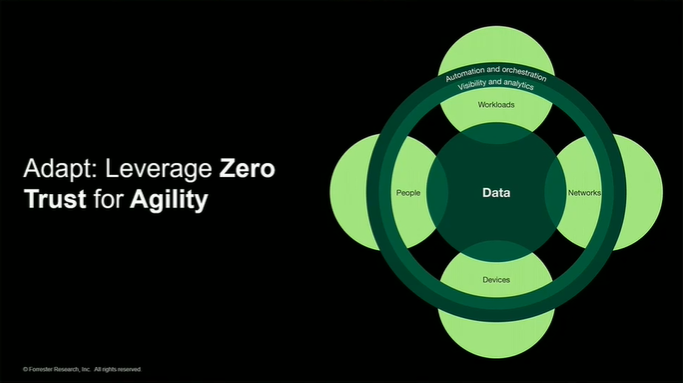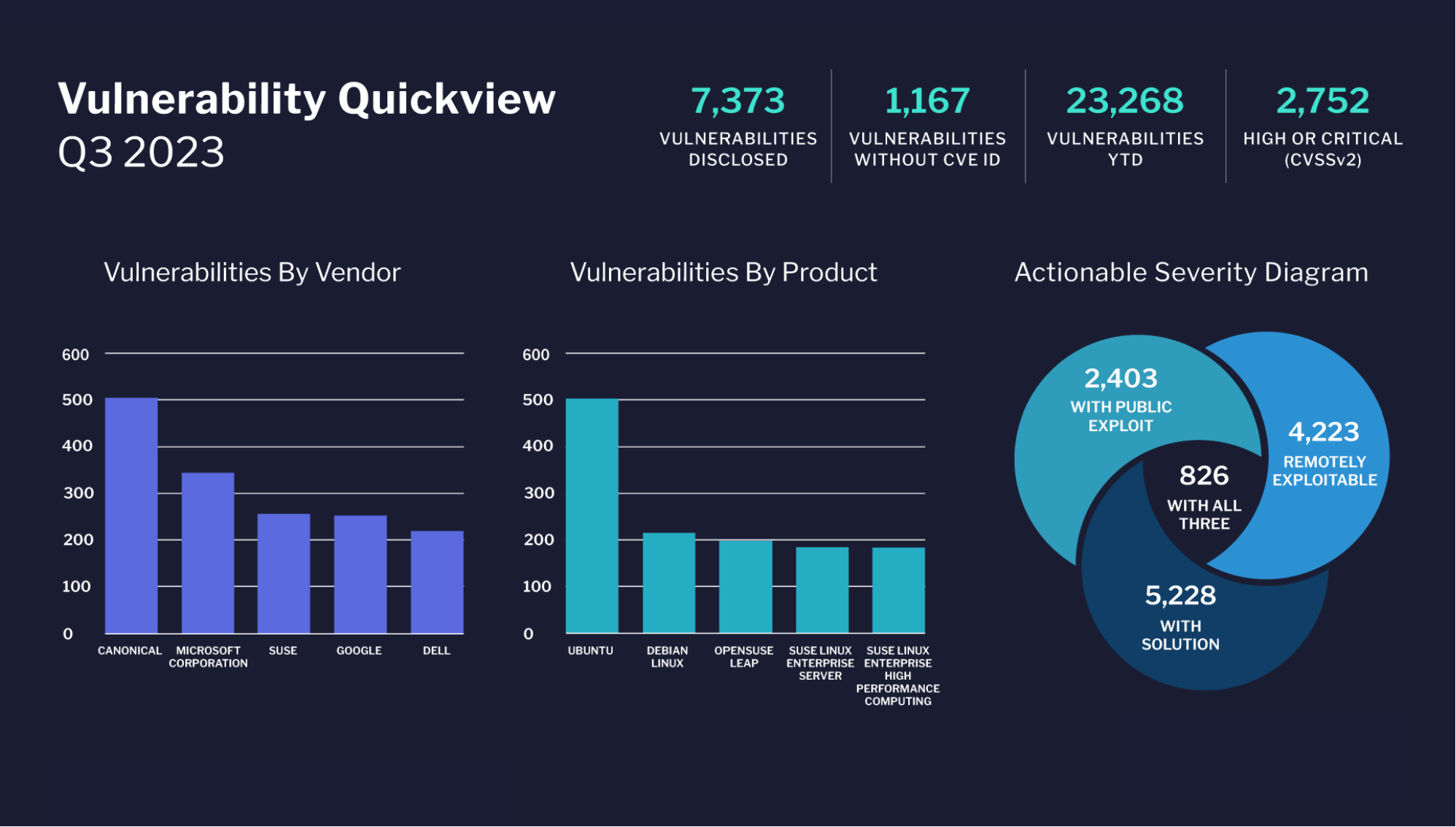Most recently, an acquisition agreement for the purchase of marketing automation vendor Marketo by a private equity firm was announced, with a price tag of $1.79 billion. This is the latest buyout of a marketing automation vendor, with past trades including Oracle’s purchase of Eloqua, Adobe’s acquisition of Neolane, and IBM attaining Silverpop. Effectively making use of martech and the marketing cloud is becoming more necessary and relevant for businesses of all sizes.
For effective and comprehensive marketing strategies, the cloud platform a business chooses should have most, if not all, of the tools marketers require. This includes efficient means of data management and analytics, social media and mobile marketing, audience segmentation, and marketing automation. Setting up such a cloud is a massive undertaking and ensuring the skills to operate and run it are available, with policies in place for effective data management, is just the tip of the iceberg. Finding the right solution won’t be easy, and experts suggest discussing platform experiences with organizations who’re actually using them instead of relying only on vendor presentations. It’s also important to understand your own weaknesses because no two platforms are alike. So, rather than widening gaps, businesses can implement solutions to secure weak spots while enhancing strengths. Suggests TJ Hunter, senior director of customer marketing at Rosetta Stone, “Look to see where your biggest return on marketing is, and then the next closest companion channel in terms of what drives revenue for your organization, and find a platform that marries those two channels.”
Neil Michel, Chief Strategy Officer at Wire Stone, believes big data isn’t necessarily a problem most marketers are facing but suggests rather that general marketing data is not being properly analyzed. Big data includes massive volumes, varieties, and velocities of data, typically unstructured, and marketers aren’t alone in the quest to thoroughly exploit it’s potential. However, Michel suggests that marketers probably aren’t missing many insights by failing to utilize everything from sensor data streams to brand mentions in social conversations. Instead, he proposes more effectively employing untapped marketing data that’s already available.
Mining insights from data that’s already structured still requires the right skills and technology, as well as an incurable curiosity, but when successfully performed, organizations are able to make smarter decisions and deliver superior customer experiences. Effective data analysis should result in increased revenues and improved loyalty because organizations can offer the right customer the best product at a time, place, and through a channel that won’t be ignored. And on the admin side, shrewd data analysis also helps lower costs per lead, shortens time to sale, and additionally decreases account servicing costs.
IBM, Adobe, Salesforce, HP, and Oracle all offer their own digital marketing platforms, and they’re just a few of the largest and earlier entrants to the market. Experian, Sitecore, SAP, and Hubspot have emerged more recently as fierce competitors, and many startups have launched limited but more affordable products suitable for small and medium businesses. With marketers coming to grips with the martech environment their requirements are evolving and marketing cloud vendors need to provide simple and centralized systems with access to powerful data as well as positive execution solutions to meet these needs. This, of course, has led to a rapid change in size and scale off offering from marketing cloud vendors. Today, the top vendors offer content management tools that can be deployed across different channels, social media tools for listening and engaging, analytics which allows customer profile development, and multi-channel marketing automation, but they’re not stopping there. We’ll see innovative and exciting capabilities such as predictive analytics and customer journey mapping is future solutions, as well as a selection of tools not yet imagined.
By Jennifer Klostermann





